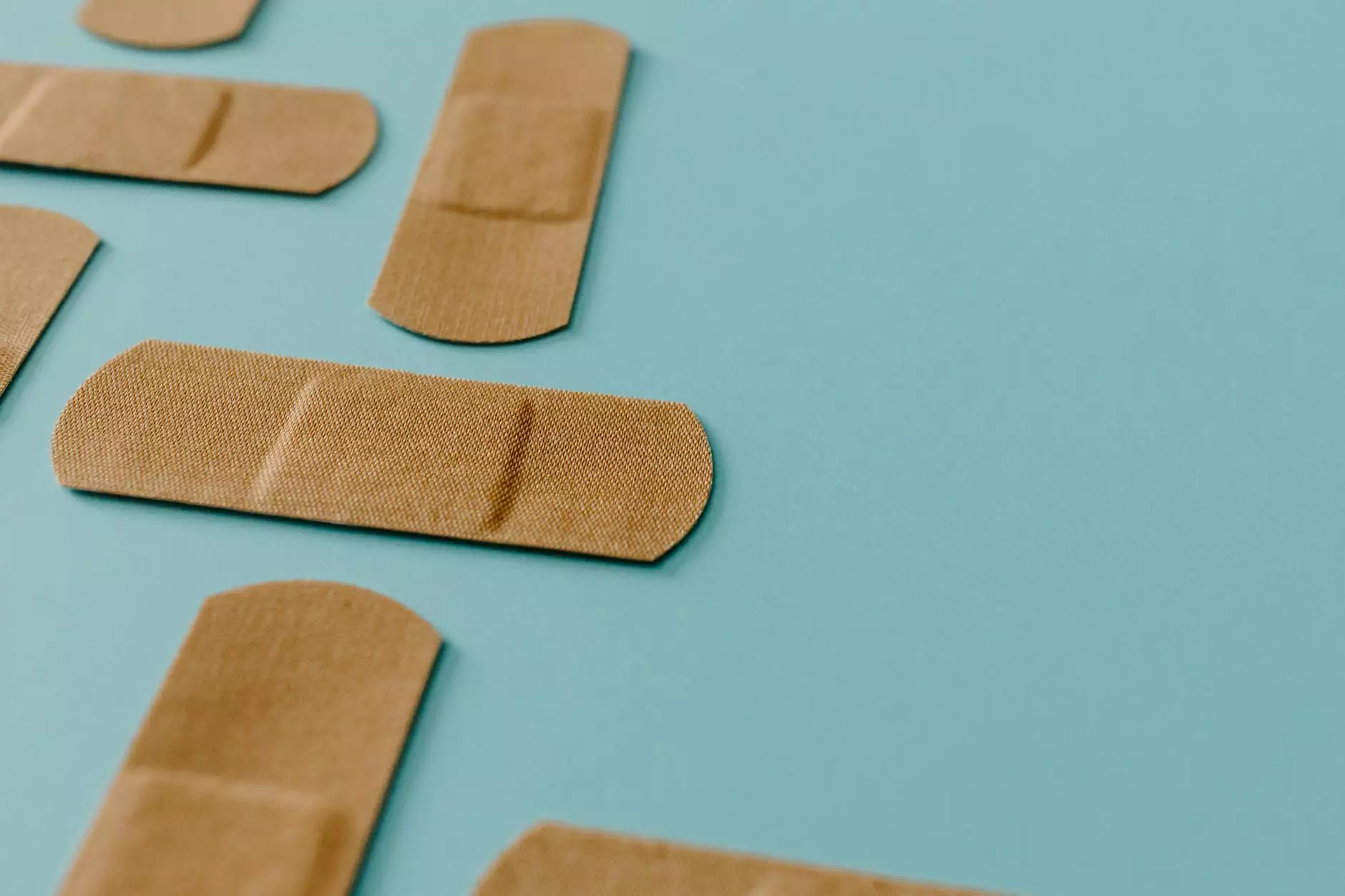The Importance of Recycling Metals for Health & Medical Diagnostic Services

Introduction
Scanaconus.com is dedicated to sharing valuable information about various industries, and today we are focusing on the health and medical diagnostic services sector. In this comprehensive article, we will delve into the importance of recycling metals within this field. Recycling metals plays a crucial role in preserving the environment and ensuring a sustainable future for both the medical industry and the global community.
Why is Metal Recycling Important?
Metal recycling is vital for numerous reasons. First and foremost, it helps conserve natural resources. By recycling metals, we reduce the need for new resource extraction, which often involves environmentally destructive processes. By reusing existing metals instead, we extend their lifecycle and minimize the negative impact on ecosystems, helping to preserve our planet for future generations.
Impact on the Health & Medical Diagnostic Services Industry
The health and medical diagnostic services industry relies heavily on the use of various metals. From the manufacturing of medical equipment to the creation of diagnostic tools, metals play an integral role in delivering accurate diagnoses and treatments. However, their extraction and production can also result in detrimental environmental effects.
By promoting metal recycling practices within the industry, we can significantly reduce the environmental footprint associated with these metals' life cycle. This includes the mining, refining, and production processes that, if left unchecked, can pollute water, soil, and air. Recycling metals not only decreases pollution but also reduces energy consumption and lowers greenhouse gas emissions.
Benefits of Recycling Metals for Health & Medical Diagnostic Services
Recycling metals offers numerous benefits specifically targeted towards the health and medical diagnostic services industry. Let's explore some of the key advantages:
1. Environmental Protection
By implementing effective recycling programs, medical facilities and diagnostic centers contribute to a cleaner environment. Recycling metals reduces the need for new mining operations and associated environmental damages, leading to improved air and water quality for all.
2. Cost Savings
Engaging in metal recycling initiatives can yield significant cost savings for health and medical diagnostic services providers. By recycling metals, facilities can decrease their reliance on resource-intensive practices and potentially lower expenses related to the acquisition of new metals. This, in turn, allows medical institutions to allocate their resources towards improving patient care and adopting cutting-edge technologies.
3. Community Health
Recycling metals contributes to improved community health. With reduced pollution and cleaner environments, communities surrounding healthcare facilities can experience better overall well-being. Additionally, metal recycling often involves local recycling centers, providing employment opportunities and supporting the local economy.
Best Practices for Metal Recycling in the Health & Medical Diagnostic Services Industry
To ensure the most effective metal recycling practices within the health and medical diagnostic services industry, the following best practices should be implemented:
1. Segregation and Sorting
Proper segregation and sorting of metals are essential. Health facilities must establish clear guidelines for the separation of different types of metals, ensuring optimal recycling efficiency.
2. Partnering with Certified Recycling Centers
Working with certified recycling centers ensures that metals are recycled responsibly and in compliance with environmental regulations. Certification guarantees the safe handling and processing of metals, preventing any potential harm to the environment and public health.
3. Educating Staff
Healthcare institutions should educate their staff on the importance of metal recycling and provide training programs regarding proper segregation, collection, and disposal methods. Staff awareness and involvement are vital to ensure the success of recycling initiatives.
Conclusion
Recycling metals within the health and medical diagnostic services industry is not only environmentally responsible but also strategically beneficial. By adopting metal recycling practices, medical facilities can contribute to a cleaner future, reduce costs, and safeguard the health of their communities. It is imperative that all stakeholders within the industry invest in sustainable practices and work towards creating a healthier and more sustainable future for all.









